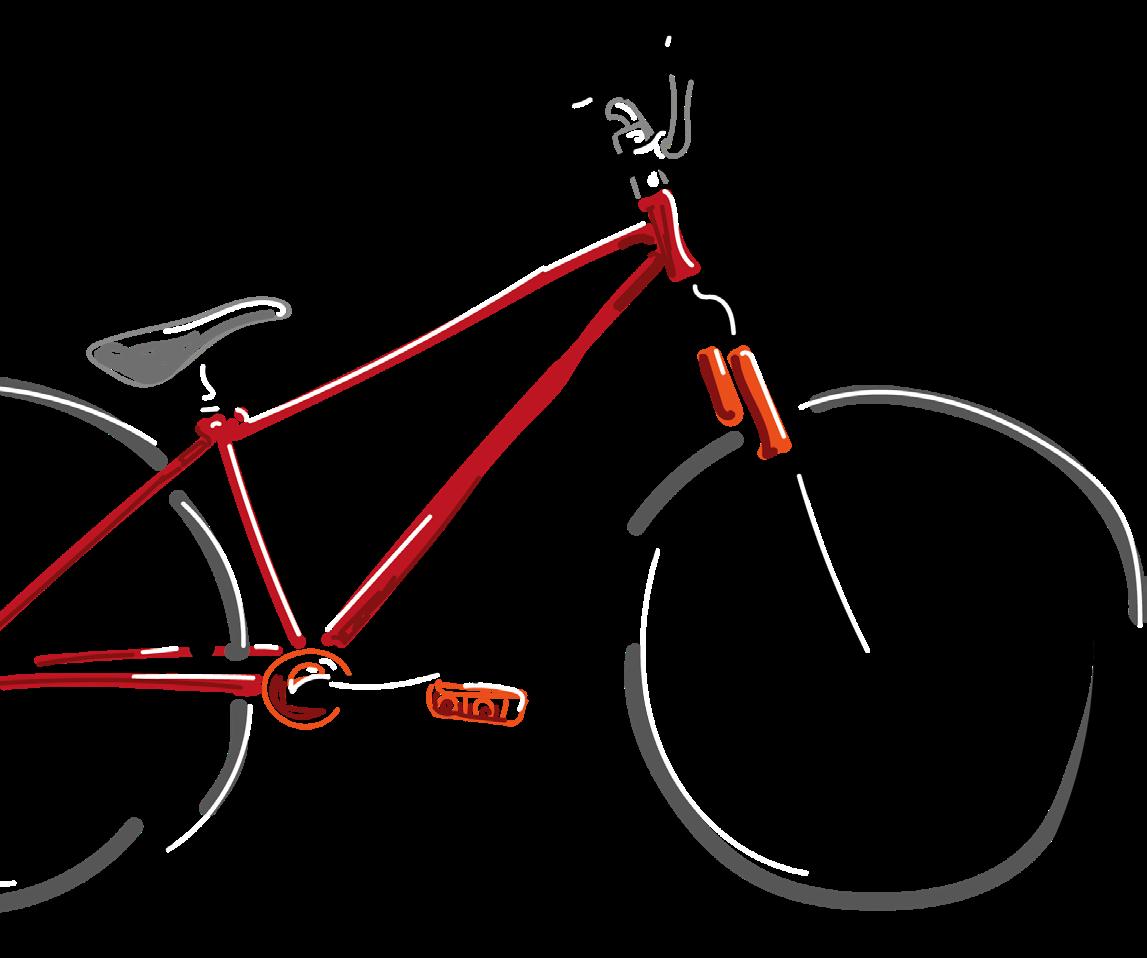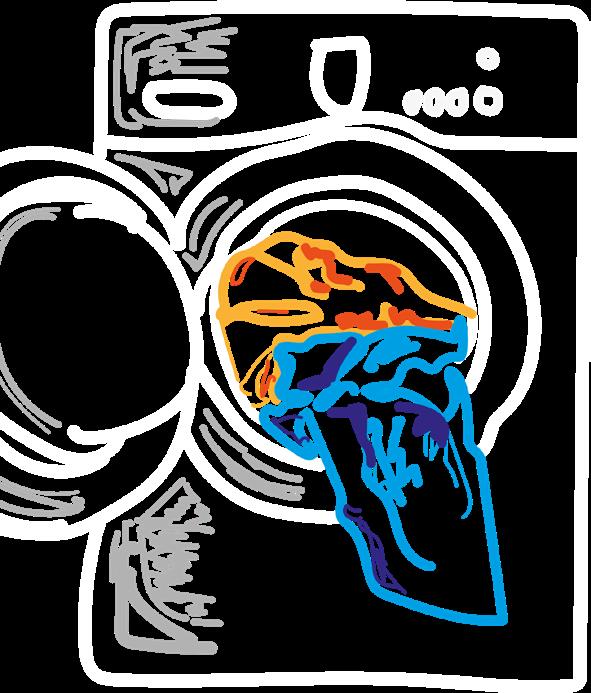
4 minute read
How to Reduce your Carbon Footprint on
HOW TO REDUCE
YOUR CARBON FOOTPRINT ON CAMPUS
Advertisement
As students, we’re considered more ‘woke’ than our seniors, recognised as revolutionary voices for prevalent environmental matters. But belonging to a privileged generation where heating is instantaneous and electricity is more readily available than ever, are we too naive when it comes to our personal carbon footprints?
The University of Nottingham has their own 2020 carbon reduction target of 40% in their management plan. It only takes a glance at our campus to realise our progression as an institution. There have been countless advances towards a more sustainable campus, from the installation of renewable energy sources such as solar panels and biomass boilers, to campaigns such as WasteNott and Student Switch-Off. We also have various sustainable buildings which demonstrate how valuable innovative designs are in reducing our carbon footprint as an organisation.
Collectively however, university contributions to climate change cannot be ignored. The Carbon Trust states that the annual energy cost of the higher education sector in the UK is around £400 million, resulting in an estimated 3 million tonnes of CO2 emissions. According to their most recent energy report, our university had a 3.4% increase in energy consumption in the 17/18 academic year. Overall, that equates to over 49,000 tonnes of CO2! Despite this, energy consumption per student remained below the Russell Group average, way behind Cardiff, Sheffield and Cambridge. However, average student energy costs stand at £398 a year.
top tips So, if you’re looking for ways to make a personal difference, here are a few...
Burning fossil fuels is the most significant contributor to global warming. Nottingham City Transport currently have 120 biogas buses running across the city; however, the World Health Organisation (WHO) still classes Nottingham as unsatisfactory for its hazardous air pollution levels. Instead of taking the bus to campus, wake up earlier and make the journey on foot. Not only is it a great way to start your day and burn some calories, but it’ll be beneficial for the environment too! Cycling can also beat the buses during rush hour and work out cheaper than an annual bus pass. Ucycle offers a low-cost bike hire scheme to encourage commuters to make the journey to uni on two wheels. Failing that, if getting to that 9AM is still unrealistic, trams are electric and offer a student discount too.
Recent years have brought to light what a massive contender food consumption is to our carbon footprint. We’ve all been alerted to the benefits of veganism, but just how much difference can we make single-handedly? According to the Food and Agriculture Organization (FAO), one third of our personal carbon footprint comes from what we eat, while an estimated 25% of greenhouse gases arise from animal agriculture. But it’s not necessary to go vegan to make a difference! If everyone could have just one meat-free meal a week, it could save the equivalent emissions produced from 10 billion smartphone charges, whilst also having a significant impact on our health. Hendersans, located in Portland building, is your one stop shop for meat alternatives. So next time you’re peckish on campus, rather than reaching for that BLT meal deal, head to Hendersans for a healthier and more environmentally friendly substitute. Mooch also offers 20% off all vegetarian and vegan food as part of their meat-free Monday deal!


Modern technology is a blessing we all take for granted. However, it doesn’t go without its negative effects; household appliances are responsible for a quarter of greenhouse emissions. Think economically and avoid using the washing machine for that single pair of jeans; combine your washes with housemates to make a full load! If you’re lucky enough to have a garden, why not purchase a washing-line to dry your clothes as a more cost-effective and energy efficient option to the (not so humble) tumble drier, the most notorious appliance for energy consumption. Alternatively, radiator airers are a student’s best friend and aren’t weather dependent! To reduce gas and electricity bills, encourage your landlord to invest in a smart meter. The devices are a government incentive that attempts to minimise energy consumption nationwide whilst helping tenants save money. The programme aims for smart meter installation to be standard by 2020. “In stead of taking the bus to campus, wake up earlier and make the journey on foot. Not only is it a great way to start your day and burn some calories, but it’ll be beneficial for the environment too”
The environmental damage of fast-fashion brands like Boohoo is often overlooked. In 2015 alone, 1.2 billion tonnes of carbon emissions resulted from the clothing industry. The cheap material polyester also sheds thousands of microfibres per wash, which find their way into our water and food chain. Companies profit too highly to show any concern for the detrimental impact they cause. Not only is the quality poor, but clothes are produced in sweatshops in developing countries where workers’ rights are continuously violated. Charity shops are a great place to find clothes with a price-tag that doesn’t cost you or the earth! Vintage is also making a comeback; pop-up shops in the SU offer clothes at a fraction of the price of most high street brands. If second-hand clothes really aren’t your thing, donate your own to reduce the amount that ends up in landfills. Or, if you’re short of cash, Depop is an excellent way to recycle your wardrobe and make some money in the process!











